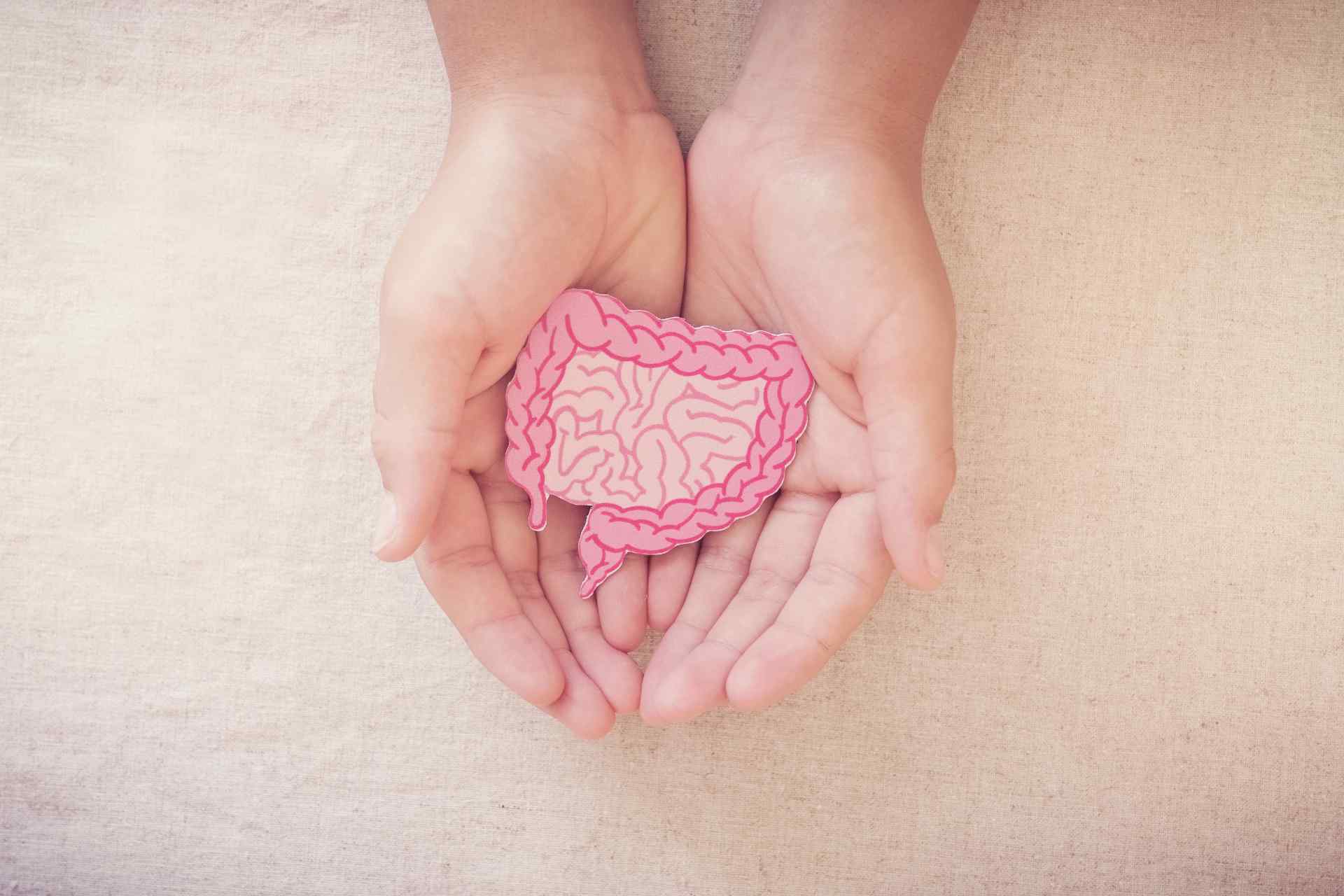The Connection Between Gut Health and Neurological Wellbeing
The human body is a complex network of interconnected systems, and one such intriguing relationship is between the gut and the brain. In recent years, scientific research has shed light on the profound impact of gut health on neurological well-being.
AINS Apex Institute of Neuro Spine, while specializing in advanced neurological care, recognizes the importance of sharing valuable information on this fascinating connection.
In this blog, we will explore the intricate relationship between the gut and the brain, and how it influences neurological wellbeing.
The Gut-Brain Axis: Understanding the Connection
Introducing the Gut-Brain Axis
The gut-brain axis refers to the bidirectional communication system that exists between the gut and the brain. This intricate network involves the central nervous system (CNS), the enteric nervous system (ENS), and the vagus nerve.
Signals are constantly exchanged between these systems, influencing various aspects of physical and mental health.
The Vagus Nerve: A Critical Link
The vagus nerve, also known as the tenth cranial nerve, plays a crucial role in the gut-brain axis. It serves as the primary communication highway between the gut and the brain, transmitting information about gut health, microbiota, and inflammation to the brain. Additionally, the vagus nerve plays a vital role in regulating various bodily functions, including heart rate, digestion, and emotional responses.
Gut Microbiota and Brain Health
The Microbiome: A Diverse Ecosystem
The gut is home to trillions of microorganisms, collectively known as the gut microbiome. These microorganisms include bacteria, viruses, fungi, and other microbes. The gut microbiome is a diverse ecosystem that influences digestion, nutrient absorption, and immune function. Emerging research has also revealed its impact on brain function and overall wellbeing.
Gut Bacteria and Neurotransmitters
One of the most fascinating aspects of the gut-brain axis is how gut bacteria can influence the production of neurotransmitters. Neurotransmitters are chemical messengers that facilitate communication between nerve cells in the brain. Notably, certain gut bacteria produce neurotransmitters, such as serotonin and gamma-aminobutyric acid (GABA), which play crucial roles in mood regulation, cognition, and behavior.
Gut Health and Neurological Conditions
The Gut-Brain Connection in Neurological Disorders
Researchers have found intriguing connections between gut health and various neurological conditions. For example, studies have suggested that alterations in the gut microbiome may be associated with conditions like Alzheimer's disease, Parkinson's disease, and depression. Understanding these connections opens new avenues for potential therapeutic interventions.
Inflammation and Neurological Diseases
Inflammation is a natural immune response to injury or infection. However, chronic inflammation, especially in the gut, has been linked to the development of certain neurological disorders. It is believed that gut inflammation can trigger immune responses that impact the brain and contribute to neurodegenerative processes.
The Impact of Diet on Brain Function
Nutrition and Cognitive Health
A balanced diet is essential for overall health, including brain function. Nutrients such as omega-3 fatty acids, antioxidants, and vitamins support brain health and cognitive function. Conversely, an unhealthy diet, high in processed foods and sugars, may negatively affect gut health and impact neurological wellbeing.
Gut-Healthy Foods: Nourishing the Brain
Certain foods can promote gut health and positively influence neurological wellbeing. These include probiotic-rich foods like yogurt and fermented vegetables, as well as prebiotic foods like whole grains, fruits, and vegetables. Consuming a variety of nutrient-dense foods supports both gut and brain health.
Stress, Anxiety, and Gut Health
Stress and the Gut-Brain Axis
Stress has profound effects on the gut-brain axis. When the body experiences stress, it can disrupt the balance of gut bacteria, leading to gastrointestinal symptoms. Additionally, stress signals can travel via the vagus nerve to the brain, triggering emotional responses and affecting mood.
Mind-Body Techniques for Gut Health
Practices like mindfulness meditation, deep breathing exercises, and yoga can reduce stress and promote gut health. These mind-body techniques have been shown to positively influence the gut-brain axis, improving overall wellbeing.
Gut Health and Mental Health
Gut Health and Emotional Regulation
Emotional regulation is closely linked to gut health. The gut-brain axis plays a role in mood regulation, and imbalances in gut microbiota can impact emotional wellbeing.
Gut Health Interventions for Mental Health
Researchers are exploring the potential of gut-focused interventions, such as probiotics and dietary changes, to support mental health and emotional balance.
Promoting Gut Health for Neurological Wellbeing
The Role of Probiotics and Prebiotics
Probiotics are beneficial bacteria that can positively influence gut health when taken as supplements or through certain foods. Prebiotics are non-digestible fibers that promote the growth of beneficial gut bacteria. Including probiotic and prebiotic-rich foods in the diet can contribute to overall gut health.
Lifestyle Factors for a Healthy Gut
Maintaining a healthy lifestyle supports gut health and neurological wellbeing. Regular exercise, sufficient sleep, and stress management are essential components of promoting a thriving gut-brain axis.
Conclusion:
The connection between gut health and neurological wellbeing is a fascinating and evolving field of research. At AINS Apex Institute of Neuro Spine, we believe in sharing informative content to enhance overall health awareness.
While AINS doesn't provide gastrointestinal services, we recognize the importance of gut health in supporting neurological wellbeing. Understanding and nurturing the gut-brain axis empowers individuals to prioritize their health and foster a harmonious balance between the gut and the brain.
FAQs - The Connection Between Gut Health and Neurological Wellbeing
How does gut health influence the brain?
At AINS, we recognize the gut-brain axis as a vital connection that affects brain functions. The gut communicates with the brain through the vagus nerve, influencing mood, cognition, and overall wellbeing.
Can gut bacteria affect mood and emotions?
Absolutely! AINS acknowledges that certain gut bacteria produce neurotransmitters that influence emotions. We understand the significance of maintaining a balanced gut microbiome for emotional wellbeing.
What role does inflammation play in neurological conditions?
Inflammation in the gut can impact the brain and contribute to neurological disorders. AINS acknowledges the need to address gut inflammation to support neurological health.
Which foods promote gut health and brain function?
AINS recommends incorporating probiotic-rich foods like yogurt and prebiotic foods such as fruits and vegetables to support gut health and enhance brain function.
What lifestyle factors support a thriving gut-brain axis?
AINS emphasizes the importance of stress management, regular exercise, and adequate sleep to maintain a healthy gut-brain axis. These lifestyle factors positively impact both gut health and neurological well-being.
























